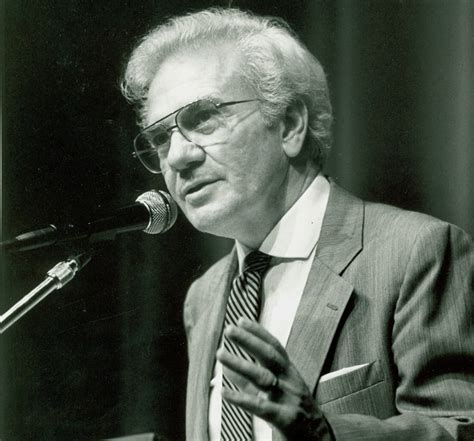A Quote by Jane Goodall
We, as humans, have actually developed a sense of social responsibility. We have gone beyond our basic instincts.
Related Quotes
We, as humans, have actually developed a sense of social responsibility. We have gone beyond our basic instincts. We can and we do. This is what sets us apart from the chimps. They are extremely brutal and hostile. Your next door neighbor is to be killed unless she is a juicy young female, who hasn't yet had her first baby, in which case you want her.
The following proposition seems to me in a high degree probable—namely, that any animal whatever, endowed with well-marked social instincts, the parental and filial affections being here included, would inevitably acquire a moral sense or conscience, as soon as its intellectual powers had become as well, or nearly as well developed, as in man. For, firstly, the social instincts lead an animal to take pleasure in the society of its fellows, to feel a certain amount of sympathy with them, and to perform various services for them.
But responsibility likewise falls on the legislators who have promoted and approved abortion laws, and, to the extent that they have a say in the matter, on the administrators of the health-care centers where abortions are performed. In this sense abortion goes beyond the responsibility of individuals and beyond the harm done to them, and takes on a distinctly social dimension. It is a most serious wound inflicted on society and its culture by the very people who ought to be societys promoters and defenders.
Surely it should be a matter of moral responsibility that we humans, different from other animals mainly by virtue of our more highly developed intellect and, with it, our greater capacity for understanding and compassion, ensure that medical progress slowly detaches its roots from the manure of non-human animal suffering and despair.
My view of ethics and of its priority is connected to my view that we are fundamentally relational beings - both the product of human interactions, as well as committed as part of the expression of our own humanity to various social involvements. I see ethics as having two places in the maintenance of these relational activities - first as providing the basic coinage of our interactions qua humans and second as mediating the various roles we assume as humans.
I am dedicating the majority of my wealth to improving education. It is the key to the survival of the human race. We have to plan for our collective future - and the first step begins with the social, emotional, and intellectual tools we provide to our children. As humans, our greatest tool for survival is our ability to think and to adapt - as educators, storytellers, and communicators our responsibility is to continue to do so.
To our human minds, computers behave less like rocks and trees than they do like humans, so we unconsciously treat them like people.... In other words, humans have special instincts that tell them how to behave around other sentient beings, and as soon as any object exhibits sufficient cognitive function, those instincts kick in and we react as though we were interacting with another sentient human being.

































